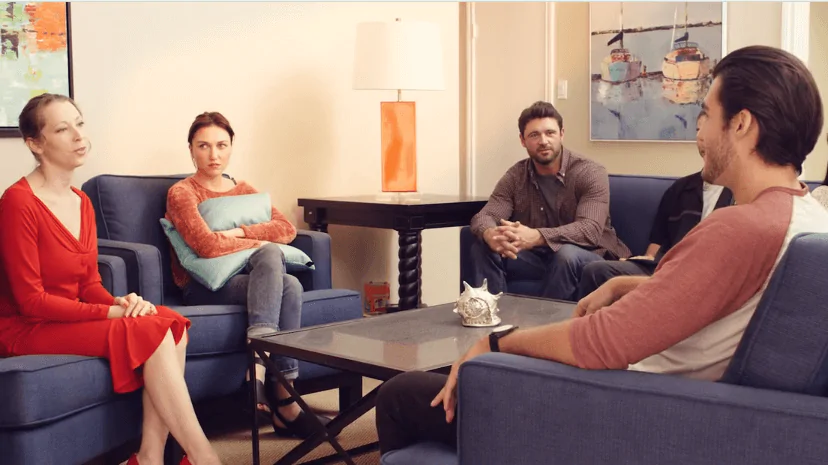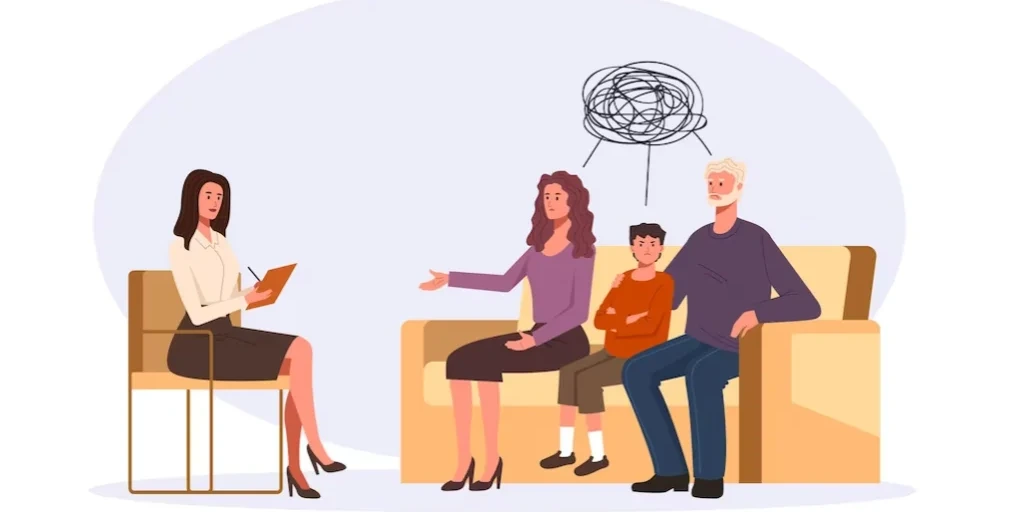24/7 Helpline:
(866) 899-221924/7 Helpline:
(866) 899-2219
Learn more about PTSD Rehab centers in Putnam County

Other Insurance Options

Aetna

Cigna

Optum

PHCS Network

AllWell

Excellus

Highmark

Amerigroup

Kaiser Permanente

Self-pay options

Health Net

WellPoint

Evernorth

State Farm

Oxford

Humana

Regence

Covered California

Health Partners

BlueCross

Hamilton Center
Hamilton Center is a regional behavioral health system serving central and west central Indiana. Ham...

CYWA – Samara House
CYWA – Samara House is a non-profit rehab located in Coatesville, Pennsylvania. CYWA – Samara House ...

Coatesville Treatment Center
Coatesville Treatment Center is a private rehab located in Coatesville, Pennsylvania. Coatesville Tr...

Gaudenzia
Gaudenzia is located in Coatesville, Pennsylvania. Gaudenzia addresses the needs of chemically depen...






















Groups
Groups is private healthcare company providing outpatient treatment for opiate addiction using weekl...

Coatesville Comprehensive Treatment Center
Coatesville Comprehensive Treatment Center is a private rehab located in Coatesville, Pennsylvania. ...




























































































